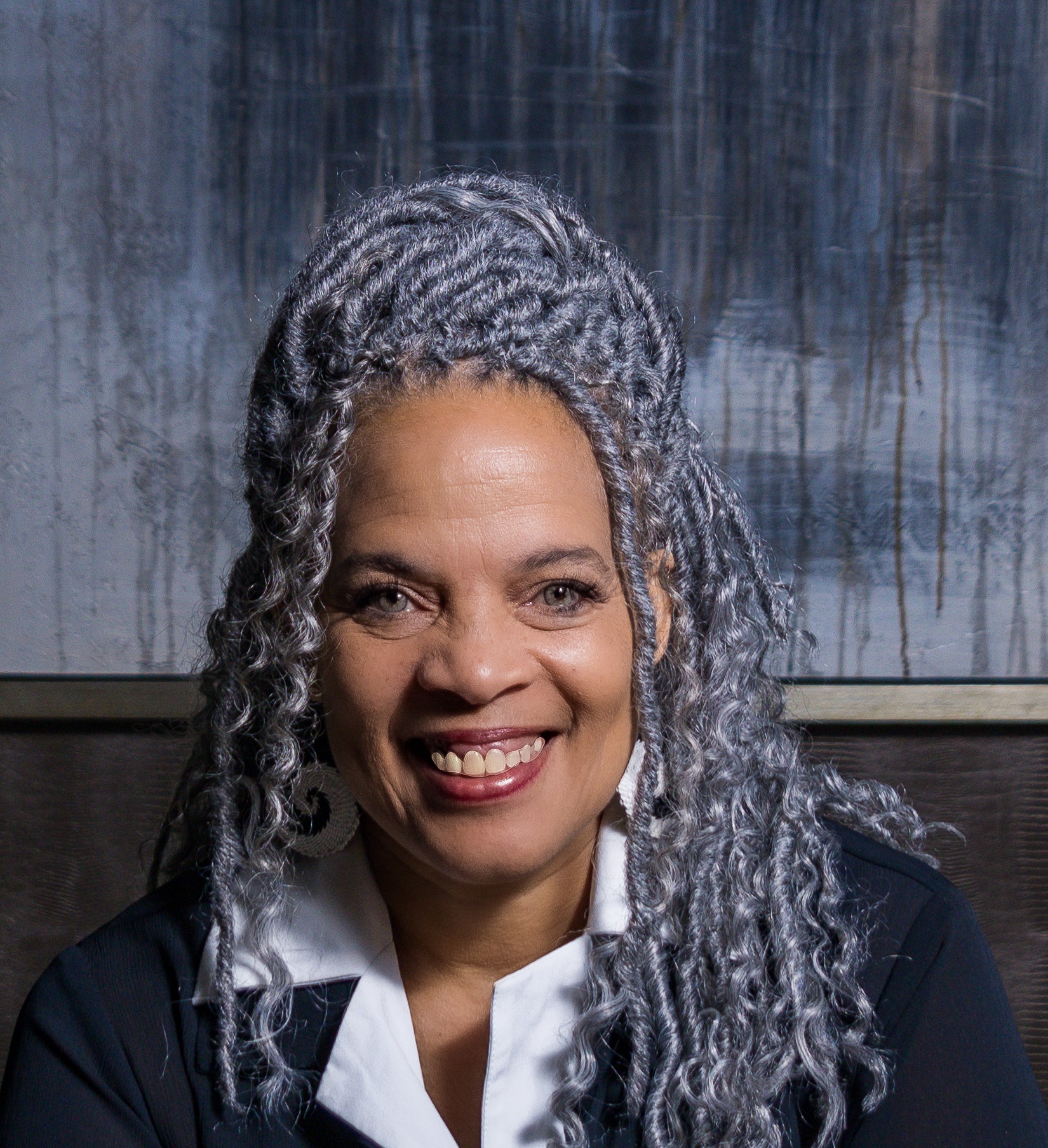
You go to the grocery store, pick out a few items, and head to the checkout line. An employee who happens to walk behind you mentions in passing that the shorter line next to the one you’re in is for 10 items or fewer, and you will checkout faster if you switch lines. But you don’t hear them, because you can’t see them. Maybe they think you’re rude and second guess themselves for trying to help you. But in this scenario, you are Hard of Hearing, and have no idea that anything happened.
This is the reality for Deaf and Hard of Hearing people, and Lanette Pinkard, Founder and CEO of My Hands Your Heart and Cruise Interpreter Academy, is working hard to change that reality.
The tediousness of everyday life is hard enough with standard customer service available, and we can’t really imagine the frustration that Deaf people must go through. Pinkard is working to teach the world about the ways in which excellent customer service can change a person’s day for the better, and why that service should be available to everyone.
To add materially-motivated icing to a cake that should be full of genuine kindness, Deaf people have a worldwide total of $8 trillion in disposable income. It just goes to show that it doesn’t matter what a person looks, thinks, speaks, hears, or feels like, you never know what they can do for you or your business unless you treat everyone with the same respect.
The latter might take a somewhat selfish tone, but the reality is that some of our readers might be singularly business-minded and we respect the hustle! That said, Pinkard shared with us some common ways to be more inclusive in your business and in everyday life that come from a place of love and embracement. Remember, businesses who put purpose and service first always come out on top, and Deaf people are not dollar signs. We are all the same, they just don’t hear as we do — and everyone wants a positive experience when interacting with businesses.
Use Your Tools to Communicate
As much as we might dream of learning the entire ASL (American Sign Language), for most of us that may not be viable. Pinkard herself has taught many students who wish to learn how to communicate with the Deaf community without having to take college courses.
That said, the simple and sometimes forgotten answer is to keep a notepad or your phone handy to communicate via writing or typing. Whether you are a fast thumb-typist or speedy notetaker, choose what works best for you. And be brave! There might be some extra anxiety that comes with talking to a Deaf person, just like there is when talking to any stranger. Just try to realize they feel the same ‘I don’t know this person’ apprehension that you do. And a smile goes a long way in any language!
Remember: Deaf Etiquette Might be Different than You are Used To
Imagine you start speaking to someone and they immediately start texting on their phone. You’d think that person was rude. But someone who is Hard of Hearing might immediately get on their phone or write on a notepad to inform you that they can’t hear. Or they might gesture and point to their ear and shake their head to let you know they are Deaf. That is why it is important to stay abreast of common Deaf etiquette rules.
Always face a Deaf person directly when speaking to . People who are Hard of Hearing always face each other when signing so they can understand what the other person is saying. The same applies to you. Do not turn around or side to side in the middle of a conversation — think of doing that like turning the volume down for a word or two and back up again, or driving through a tunnel while on the phone! The other person will miss some words that may be crucial to what you are saying.
Here is the biggest etiquette that we don’t think enough of us are aware of: Address the person you are talking to, not their interpreter. If you speak directly to the interpreter, besides being rude and seeming to exclude the Deaf person, you remove them from the conversation. Your facial expressions when speaking tell the other person a lot about how you are feeling and what your content means.
Slow down. In our society, it is common to do everything fast, because we have this notion that the faster and more efficiently we work, the better our bottom line, business, life, everything, will be. That is not the case, nor should it be. Remember to slow down and be intentional with your day and your communication. Refrain from judgment and focus on the task at hand, be it stocking shelves or communicating with someone who cannot hear you or understand you.
This tip spills out into all kinds of communities: Deaf people, people who speak another language than you, or even people going through great loss or grief. You never know what is going on in someone’s life, and taking the negative assumptions out of your brain’s vocabulary will serve you well in business.
If you are curious to learn more about etiquette for communicating with the Hard of Hearing community, you can take sensitivity training courses through My Hands Your Heart.
Social Media Captions
Don’t let the Deaf Community slip in your social media outreach. You will reach more of your target audience if you use captions to develop video content. It is ok to use closed caption (cc), however the Deaf Community should have their option to use cc or the ability to view content in their original language, American Sign Language.
My Hands Your Heart offers a specialized service that creates pre-recorded ASL videos for every social media platform. You can add the videos right onto yours in the bottom corner rather than using worded captions. Many Deaf people prefer to watch someone sign rather than read, but it depends on the person. It is best to have both options to widen your range of reach.
Pinkard reminds us that sign language is beautiful and something about which to be respected, proud of, and curious. If you get the chance to communicate with someone who is Hard of Hearing, take it! Don’t shy away or feel ashamed that you cannot speak their language. Connection is what makes the world go ‘round, and sometimes it’s not perfect.
About P. Lanette Pinkard
 Lanette Pinkard is the founder and CEO of My Hands Your Heart LLC and Cruise Interpreter Academy, an entrepreneurial organization that serves organizations and companies with certified American Sign Language (ASL) interpreters for Deaf and Hard of Hearing customers and guests. She has written five lifestyle inspiration books and has interpreted on over 100 cruises. For more information visit https://myhandsyourheart.com/
Lanette Pinkard is the founder and CEO of My Hands Your Heart LLC and Cruise Interpreter Academy, an entrepreneurial organization that serves organizations and companies with certified American Sign Language (ASL) interpreters for Deaf and Hard of Hearing customers and guests. She has written five lifestyle inspiration books and has interpreted on over 100 cruises. For more information visit https://myhandsyourheart.com/
1665 Views












